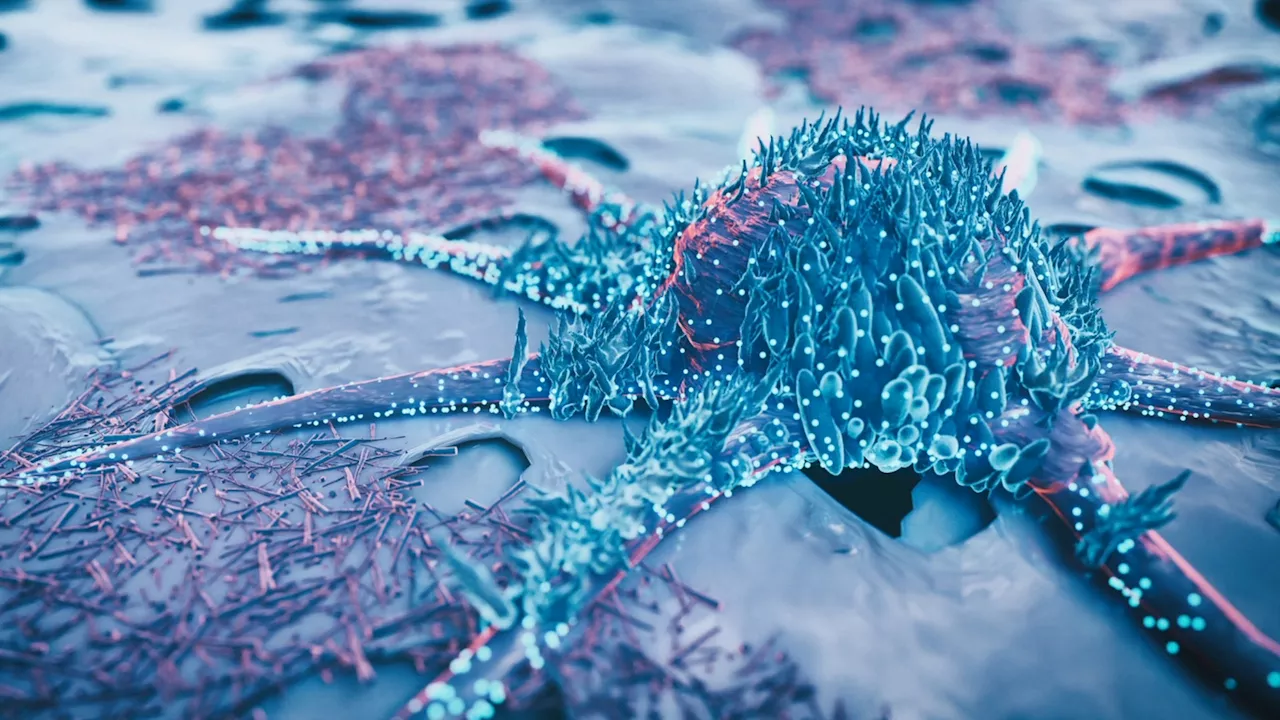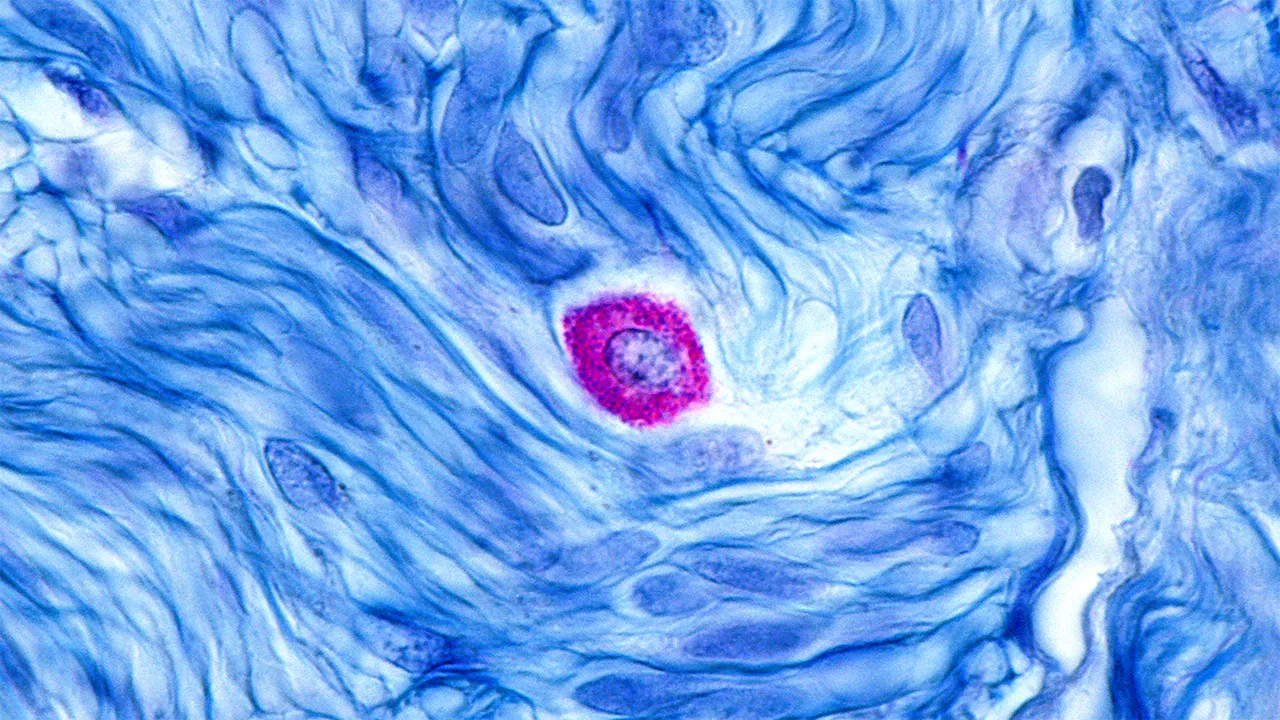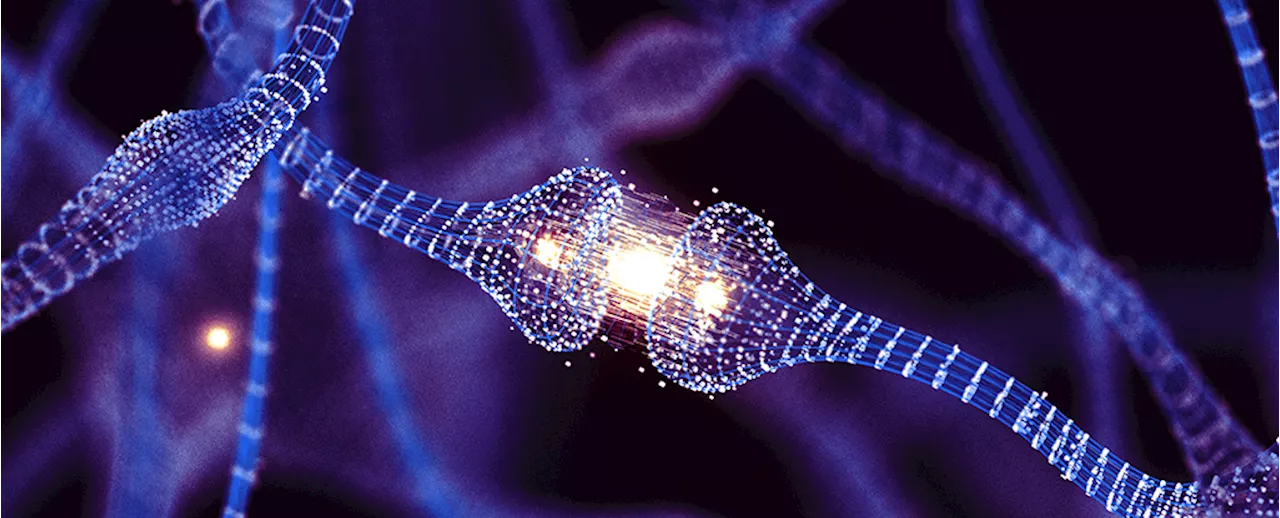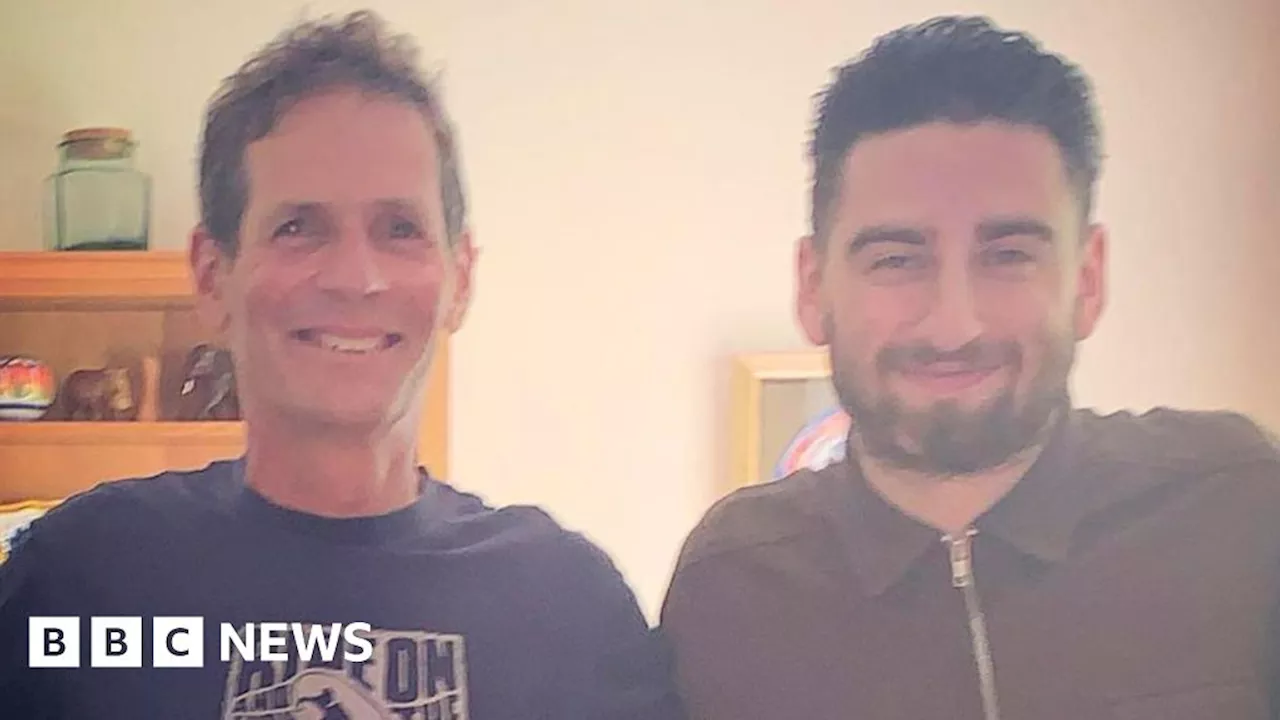New research reveals how dying cells inadvertently release vesicles containing a protein that can damage healthy cells, fueling the inflammation that characterizes sepsis.
Dying cells, in an effort to protect themselves and their neighbors from harmful infections, can inadvertently unleash a lethal message that worsens sepsis. This process, detailed in a recent study published in , involves the release of gasdermin-D vesicles by dying cells. These vesicles contain a protein, gasdermin-D, that forms pores in the membranes of healthy cells, causing them to die. This chain reaction of cell death fuels the runaway inflammation characteristic of sepsis.
\Sepsis, a life-threatening condition, claims 11 million lives globally each year, making it one of the leading causes of death worldwide. While infections often trigger sepsis, research indicates that the primary driver of the devastating inflammation is the response of the body's own cells, even those not directly infected. When cells sense a threat, they activate a self-destruction mechanism, releasing gasdermin-D to create pores in their membranes. This process often results in cell death and the formation of gasdermin-D-containing vesicles. \These vesicles can then travel to nearby healthy cells and inject the gasdermin-D pores, leading to further cell death and the propagation of the inflammatory cascade. This vicious cycle can overwhelm the body's defenses, resulting in organ failure and death. The discovery sheds light on a critical aspect of sepsis pathogenesis and opens new avenues for therapeutic intervention. Researchers are now investigating strategies to block the release or activity of gasdermin-D vesicles, aiming to interrupt this deadly chain reaction and potentially develop effective treatments for sepsis and other inflammatory diseases
SEPSIS INFLAMMATION CELL DEATH GASDERMIN-D VESICLES TREATMENT
United States Latest News, United States Headlines
Similar News:You can also read news stories similar to this one that we have collected from other news sources.
 KAIST Researchers Transform Colon Cancer Cells into Normal-Like CellsA groundbreaking study by KAIST researchers offers a new approach to cancer treatment by transforming colon cancer cells into normal-like cells without destroying them.
KAIST Researchers Transform Colon Cancer Cells into Normal-Like CellsA groundbreaking study by KAIST researchers offers a new approach to cancer treatment by transforming colon cancer cells into normal-like cells without destroying them.
Read more »
 Mast Cells Trap Immune Cells, Unleashing Inflammatory ChemicalsFor the first time, researchers observed mast cells attracting and trapping neutrophils, expelling their inflammatory chemicals in a process called nexocytosis. This discovery may shed light on allergies and immune system conditions like asthma and dermatitis.
Mast Cells Trap Immune Cells, Unleashing Inflammatory ChemicalsFor the first time, researchers observed mast cells attracting and trapping neutrophils, expelling their inflammatory chemicals in a process called nexocytosis. This discovery may shed light on allergies and immune system conditions like asthma and dermatitis.
Read more »
 Stress Signals in Brain Cells May Explain Alzheimer's ProgressionResearch suggests that a specific stress response pathway in brain immune cells called microglia contributes to the nerve damage seen in Alzheimer's disease.
Stress Signals in Brain Cells May Explain Alzheimer's ProgressionResearch suggests that a specific stress response pathway in brain immune cells called microglia contributes to the nerve damage seen in Alzheimer's disease.
Read more »
 Oversleeping May Increase Your Risk of Dying from Chronic Kidney Disease, Study FindsA new study from Japan reveals that sleeping for eight to nine hours a night is linked to a significantly higher risk of death from chronic kidney disease. The study also suggests that longer sleep durations might be a sign of underlying health issues that contribute to kidney disease.
Oversleeping May Increase Your Risk of Dying from Chronic Kidney Disease, Study FindsA new study from Japan reveals that sleeping for eight to nine hours a night is linked to a significantly higher risk of death from chronic kidney disease. The study also suggests that longer sleep durations might be a sign of underlying health issues that contribute to kidney disease.
Read more »
 Build Up To 700 New Brain Cells A Day With These Neuroscientist-Backed TipsWhen it comes to memory and learning, more hippocampal cells are a good thing.
Build Up To 700 New Brain Cells A Day With These Neuroscientist-Backed TipsWhen it comes to memory and learning, more hippocampal cells are a good thing.
Read more »
 Man Donates Stem Cells Twice Saving Two LivesA 31-year-old man from Sheffield has donated stem cells twice, saving the lives of two people. He was inspired to sign up for the Anthony Nolan register after a school friend's father was diagnosed with leukemia.
Man Donates Stem Cells Twice Saving Two LivesA 31-year-old man from Sheffield has donated stem cells twice, saving the lives of two people. He was inspired to sign up for the Anthony Nolan register after a school friend's father was diagnosed with leukemia.
Read more »
